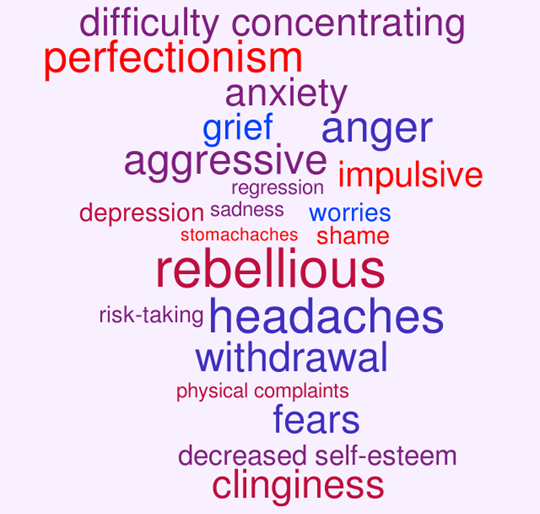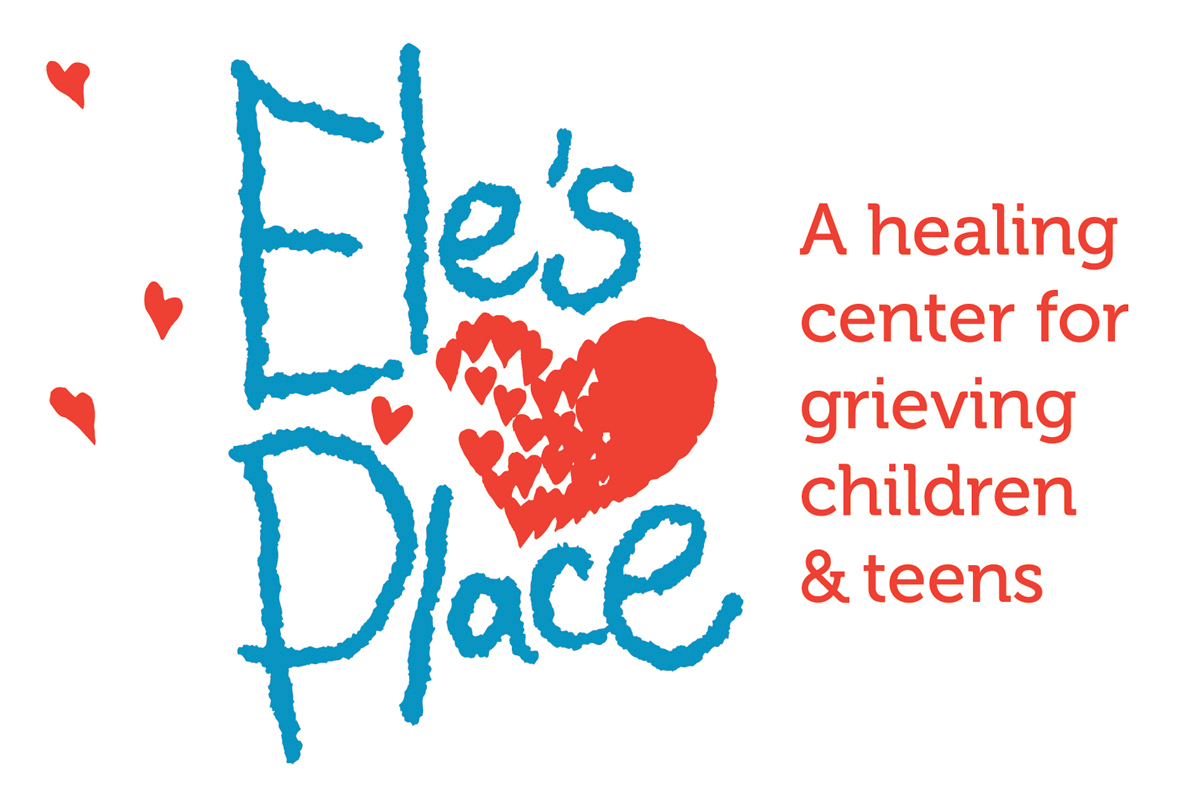When a child needs help
As parents and guardians of grieving children often quickly discover for themselves as well as their children, there is no one path that a grieving person follows. Reactions to death can vary depending on age, developmental level, relationship to deceased, coping skills, personality, other stresses, available support, and many other factors. It is important to remember that you know your child the best. Any drastic changes in personality or behavior may be a sign that your child needs further help.
Changes may include, but are not limited to:

Most children grieve intermittently - periods of grief alternate with times that they seem quite “normal” and happy. If changes are observed that are consistent and prolonged, it is advisable to seek outside help. Other indicators of the need for additional support are any change that interferes with the child's ability to function at school or home and/or self-destructive behavior or talking about wanting to die. Again, you know your child best. There are many options for children who have experienced a death to find support, including individual and family counseling, peer-to-peer support, and more. Ele's Place clinicians can help you decide whether or not peer-based support groups are an appropriate fit for your family, and may be able to provide a referral to outside help in your area as well.
When a violent death occurs, such as a suicide or homicide, family members often need additional support because of the complicated issues involved.
Support groups can be helpful for children and teens experiencing both normal and complicated grief. Peer support groups decrease isolation, promote healthy coping skills, provide a safe place to express feelings and share memories, and populate children's vocabulary with concrete examples of ways in which they can express their grief. Ele's Place is also unique in that it provides a space for silence as well. Children and their families are never pressured to share beyond their comfort zone and group facilitators are trained to ensure that participants feel valued, safe, and empowered to tell their story and the story of the person who died.
